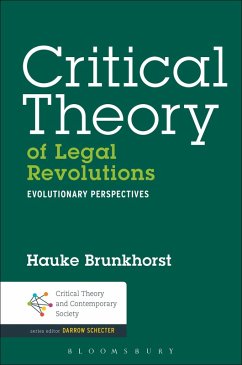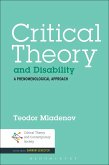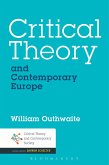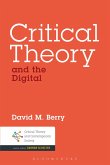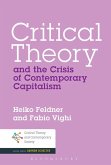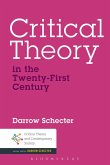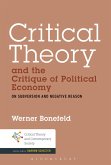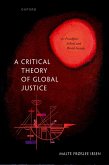This unique work analyzes the crisis in modern society, building on the ideas of the Frankfurt School thinkers. Emphasizing social evolution and learning processes, it argues that crisis is mediated by social class conflicts and collective learning, the results of which are embodied in constitutional and public law.
First, the work outlines a new categorical framework of critical theory in which it is conceived as a theory of crisis. It shows that the Marxist focus on economy and on class struggle is too narrow to deal with the range of social conflicts within modern society, and posits that a crisis of legitimization is at the core of all crises. It then discusses the dialectic of revolutionary and evolutionary developmental processes of modern society and its legal system.
This volume in the Critical Theory and Contemporary Society by a leading scholar in the field provides a new approach to critical theory that will appeal to anyone studying political sociology, political theory, and law.
First, the work outlines a new categorical framework of critical theory in which it is conceived as a theory of crisis. It shows that the Marxist focus on economy and on class struggle is too narrow to deal with the range of social conflicts within modern society, and posits that a crisis of legitimization is at the core of all crises. It then discusses the dialectic of revolutionary and evolutionary developmental processes of modern society and its legal system.
This volume in the Critical Theory and Contemporary Society by a leading scholar in the field provides a new approach to critical theory that will appeal to anyone studying political sociology, political theory, and law.

